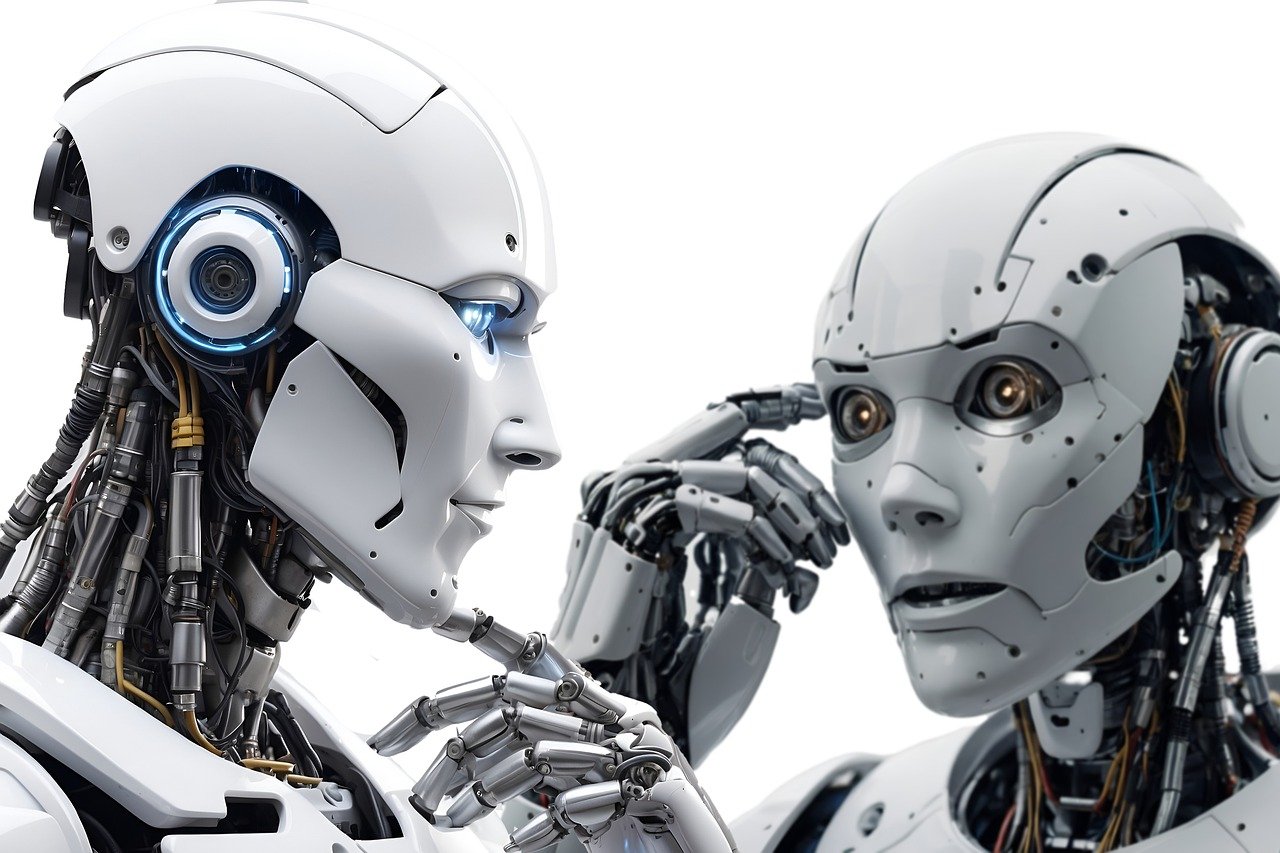
Artificial Intelligence (AI) has made significant strides over the past decade, and the coming years promise even more transformative developments. As we look ahead, several key trends and advancements are expected to shape the future of AI. Here’s what you can anticipate in the next decade.
1. Advanced Machine Learning Algorithms
In the next decade, AI will see the development of more advanced machine learning algorithms. These algorithms will be capable of handling increasingly complex tasks, from analyzing vast amounts of data to making more accurate predictions. Improved algorithms will enhance the efficiency and effectiveness of AI systems across various applications.
2. AI in Healthcare
AI is set to revolutionize healthcare with advancements in diagnostics, personalized medicine, and patient care. Expect AI-driven tools to assist in early disease detection, predictive analytics for patient outcomes, and the development of customized treatment plans based on individual genetic profiles.
3. Human-AI Collaboration
The future of AI will involve greater collaboration between humans and machines. AI will augment human capabilities rather than replace them, leading to enhanced productivity in various fields. For instance, AI-powered tools will support professionals in decision-making, creative processes, and complex problem-solving.
4. Ethical and Responsible AI
As AI becomes more integrated into daily life, there will be a stronger focus on ethical considerations and responsible AI development. Expect increased efforts to address issues such as bias, transparency, and accountability in AI systems. Regulatory frameworks and ethical guidelines will play a crucial role in ensuring AI technologies are used responsibly.
5. AI-Driven Automation
Automation powered by AI will continue to expand, affecting industries ranging from manufacturing to finance. Advanced AI systems will automate routine tasks, improve operational efficiency, and enable new business models. This shift will drive economic growth while also presenting challenges related to workforce displacement.
6. Enhanced Natural Language Processing
Natural Language Processing (NLP) will see significant advancements, enabling more sophisticated interactions between humans and machines. AI systems will become better at understanding and generating human language, leading to improved virtual assistants, translation services, and conversational agents.
7. AI in Autonomous Systems
The development of autonomous systems, including self-driving cars and drones, will advance significantly. AI will enable these systems to navigate complex environments, make real-time decisions, and operate safely and efficiently. This progress will have a profound impact on transportation, logistics, and various other sectors.
8. AI and Personalization
AI will drive more personalized experiences in various domains, from marketing and entertainment to education and retail. Expect AI systems to deliver tailored content, recommendations, and services based on individual preferences and behaviors, enhancing user engagement and satisfaction.
9. Integration of AI with IoT
The integration of AI with the Internet of Things (IoT) will lead to smarter and more connected environments. AI-powered IoT devices will provide real-time insights, automate processes, and improve decision-making across smart homes, cities, and industrial settings.
10. AI Research and Development
Ongoing research and development in AI will continue to push the boundaries of what’s possible. Innovations in areas such as quantum computing, neuromorphic engineering, and AI ethics will drive the next wave of breakthroughs, shaping the future landscape of AI technology.
Conclusion
The next decade promises exciting advancements in AI, with developments in machine learning, healthcare, human-AI collaboration, and more. As AI technology evolves, it will offer new opportunities and challenges, reshaping various aspects of our lives and driving progress across multiple sectors.
